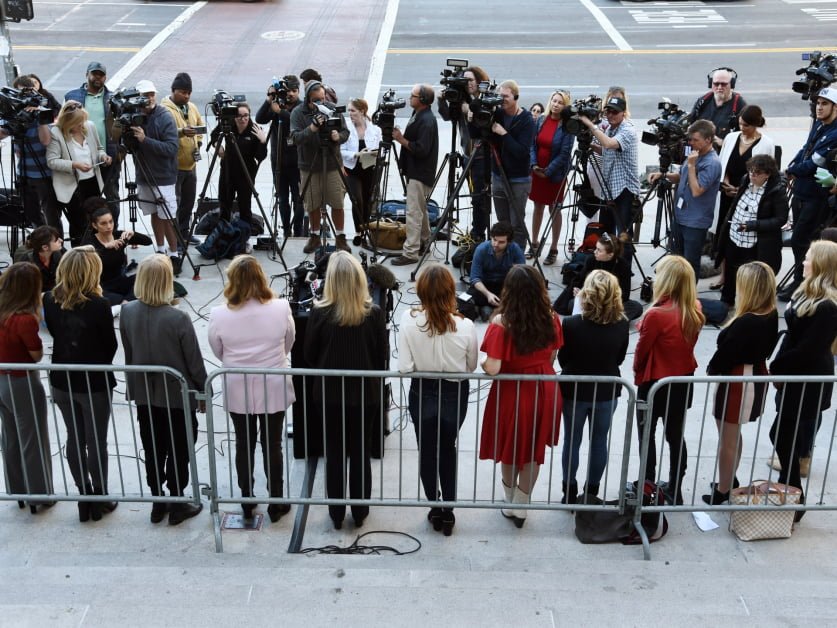The recent decision to overturn Harvey Weinstein’s 2020 conviction for rape by a New York appeals court has caused a stir, leading to widespread outrage and disbelief. The original trial had resulted in a guilty verdict for the former Hollywood mogul, shedding light on the dark side of the entertainment industry. As reactions flood in from survivors, advocates, and legal experts, the implications of this ruling are prompting discussions about the intricate power dynamics within our justice system. Let’s explore the controversy surrounding Weinstein’s overturned conviction and consider the broader implications for victims of sexual violence navigating a justice system that often falls short.
Weinstein, who has faced allegations of sexual misconduct from over 100 women, including prominent actresses, saw a civil trial awarding $17 million to numerous accusers after his 2020 felony trial in New York. Subsequently, in 2022, he was convicted of rape in California and sentenced to 16 years in prison. The recent reversal of his New York conviction has elicited mixed reactions from various individuals and groups involved in the case.
Arthur Aidala, Weinstein’s defense lawyer, hailed the court’s decision as a victory not just for Weinstein but for every citizen accused of a crime, emphasizing the importance of upholding constitutional rights. However, actress and Weinstein accuser Rosanna Arquette expressed deep disappointment, calling the overturning of his conviction a disheartening setback for survivors.
The ruling also drew criticism from Jennifer Bonjean, Weinstein’s attorney appealing his Los Angeles rape conviction, who highlighted potential interference with the presumption of innocence in California. Meanwhile, Tarana Burke, the founder of the broader #MeToo movement, emphasized the enduring strength of survivors despite legal outcomes, underscoring the ongoing battle against abuse of power.
Elizabeth Fegan, a lawyer representing Weinstein accusers, acknowledged the significance of the Los Angeles case in shedding light on the extent of Weinstein’s misconduct, despite initial skepticism. The decision’s impact on survivors and the legal process was also lamented by Lindsay Goldbrum, another attorney for Weinstein’s accusers, who expressed empathy for those retraumatized by the ruling.
Jeff Herman, representing some of Weinstein’s accusers in civil cases, stressed the importance of civil litigation in holding predators accountable, especially in the absence of criminal convictions. Anita Hill, chair and president of The Hollywood Commission, highlighted the persistent power imbalances enabling abuse in the industry, calling for continued efforts to address systemic issues.
The sentiments of Ashley Judd, Rose McGowan, and other accusers and advocates reflect a mix of disappointment, resilience, and determination to seek justice for survivors. While the overturned conviction has raised concerns about the handling of evidence and legal proceedings, the fight for accountability and support for victims of sexual violence remains unwavering among those involved in the case.


